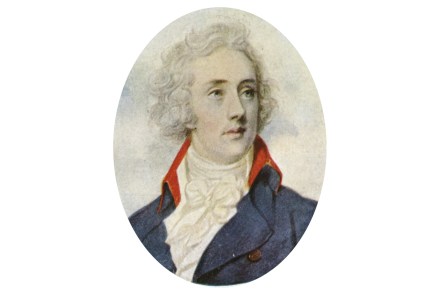Political biographies to enjoy in lockdown
Here are ten political biographies, with a leavening of the classics, for those with time to kill in the present house arrest. The danger with such lists is that what has recently entered the memory becomes most prominent; so this one consists entirely of works published in the 20th century. Charles Moore’sThatcher, Leo McKinstry’s Rosebery and Andrew Roberts’s Churchill, all superb works, therefore do not figure; and I have arranged those that do in chronological order of their subjects. John Ehrman started his magnificent three-volume life of William Pitt the Younger in the late 1950s and published the final part in 1996. He was a gentleman-scholar of the old school




















